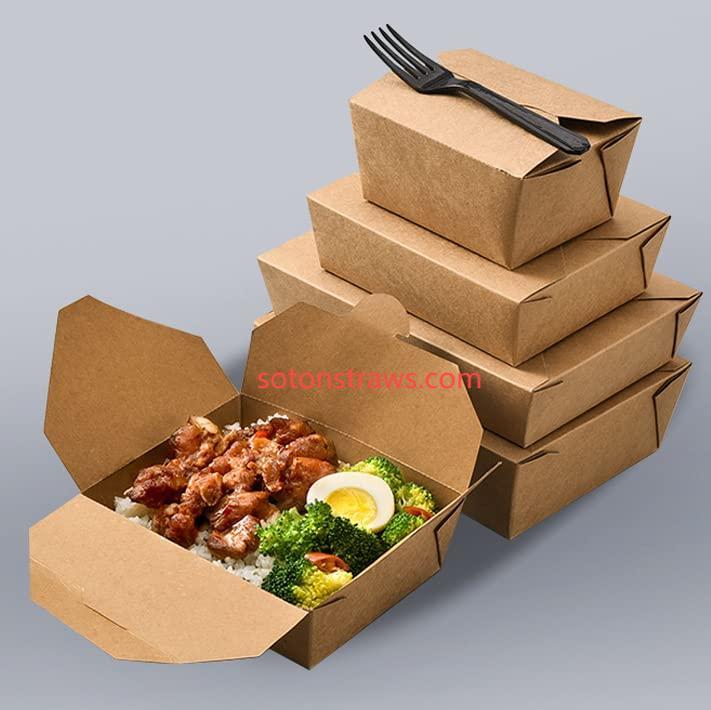Recyclability claims shatter against the harsh realities of waste management infrastructure. A technically compostable disposable kraft box becomes pollution when municipalities lack organic processing facilities. Regional disparities create baffling contradictions: packaging recycled efficiently in one city contaminates streams in another due to incompatible coatings. This fragmentation stems from disconnected innovations—material scientists advancing coatings unseen by waste managers, while consumers receive oversimplified "recycle me" messaging. The resulting chaos turns well-designed packaging into environmental liabilities, revealing that true sustainability requires ecosystem-level synchronization unseen in traditional approaches.
Solving this demands unprecedented cross-industry collaboration. Material innovations must synchronize with processing capabilities—developing regionalized coating specifications matching facility temperatures and chemical treatments. Digital "material passports" embedded via QR codes could inform sorters about composition. Simultaneously, waste handlers require incentives to upgrade equipment handling plant-based barriers rather than rejecting unfamiliar materials. For a disposable kraft box to transition from single-use item to circular resource, producers must assume stewardship beyond point-of-sale, partnering with recyclers to co-create compatible systems. This collaborative model transforms linear production into networked resource loops where waste becomes tomorrow’s feedstock by design.
Policy intervention accelerates this integration. Standardized certifications for compostability and recyclability across jurisdictions would replace today’s patchwork of standards. Tax incentives supporting facility upgrades for handling food-contaminated paper could unlock new value streams. When a disposable kraft box enters the waste stream, its journey should be predetermined by coordinated systems—not left to chance. The circular economy’s success hinges on recognizing packaging not as an isolated product but as a moving part within a meticulously orchestrated ecological machine.
Introducing Soton: The Ecosystem Architect
Soton engineers kraft boxes within broader waste ecosystems. We collaborate with recyclers to ensure coatings meet regional processing capacities while digital tracking aids sorting. Partner for systemic solutions.
Soton synchronizes packaging innovation with waste infrastructure realities. Our regionalized production guarantees kraft boxes align with local recovery capabilities. Choose circularity engineered for your community’s ecosystem.click https://www.sotonstraws.com/product/biodegradable-straws/st101-paper-straws/ to reading more information.

